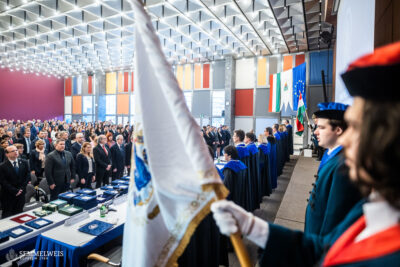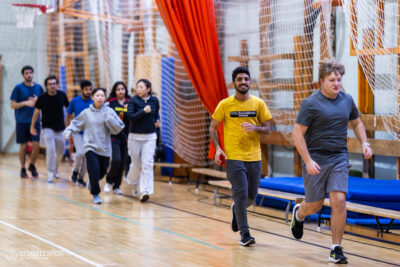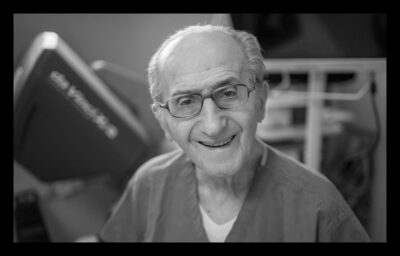Cardiologists that receive neurointervention training can provide valuable contributions to the work of stroke teams, said interventional cardiologist Dr. Sándor Nardai, a senior lecturer at the Városmajor Heart and Vascular Center, who was the first cardiologist in Hungary to obtain an official European and Hungarian license for neurointerventions as well.
Dr. Sándor Nardai said that in the treatment of stroke patients, neurological and cardiological knowledge complement each other in many ways. Therefore, the vascular-neurology and neurointervention training of cardiologists has many advantages both for physicians and patients.
The first clinical studies with proven findings on thrombectomies as efficient modes of treatment for strokes were published in 2015. The procedure dramatically improves the possibility of a positive outcome in cases of cerebral artery occlusion; two out of every five patients will be able to lead independent lives following the intervention, said Dr. Sándor Nardai, emphasizing that without interventional treatment, the vast majority of patients are unable to lead independent lives. At the same time, patients that had strokes often suffer from structural cardiac disease as well, therefore if there is a cardiologist present in the neurointervention team (who is well-trained in basic diseases), this makes interdisciplinary cooperation much more efficient, explained the senior lecturer.
Dr. Sándor Nardai was the first European interventional cardiologist who obtained an official Hungarian and European license for performing neurointerventions, and he was invited to talk about his experiences as a lecturer at the EuroPCR 2019 conference in Paris at the end of May. This event is currently one of the biggest conferences in the world on interventional cardiology, which for the first time this year also included a symposium of the European Society of Cardiology’s Working Group on Strokes. In a video interview with PCR TV reporting from the conference, Dr. Sándor Nardai talked about the potential role of cardiologists in improving how strokes are treated with Dr. Petr Widimsky, the recipient of the 2018 Semmelweis Budapest Award, who revolutionized how myocardial infarctions are treated. They agreed that the new methods of therapy should be made widely available to patients, and in order to achieve this, a standard international training system should be developed for interventional cardiologists that is also recognized by other professions. The most important aspect when working out the training criteria should be the safety of patients and the concurrent increase in the system’s efficiency.
Eszter Keresztes
Translation: Tamás Deme
Featured image source: PCR TV


